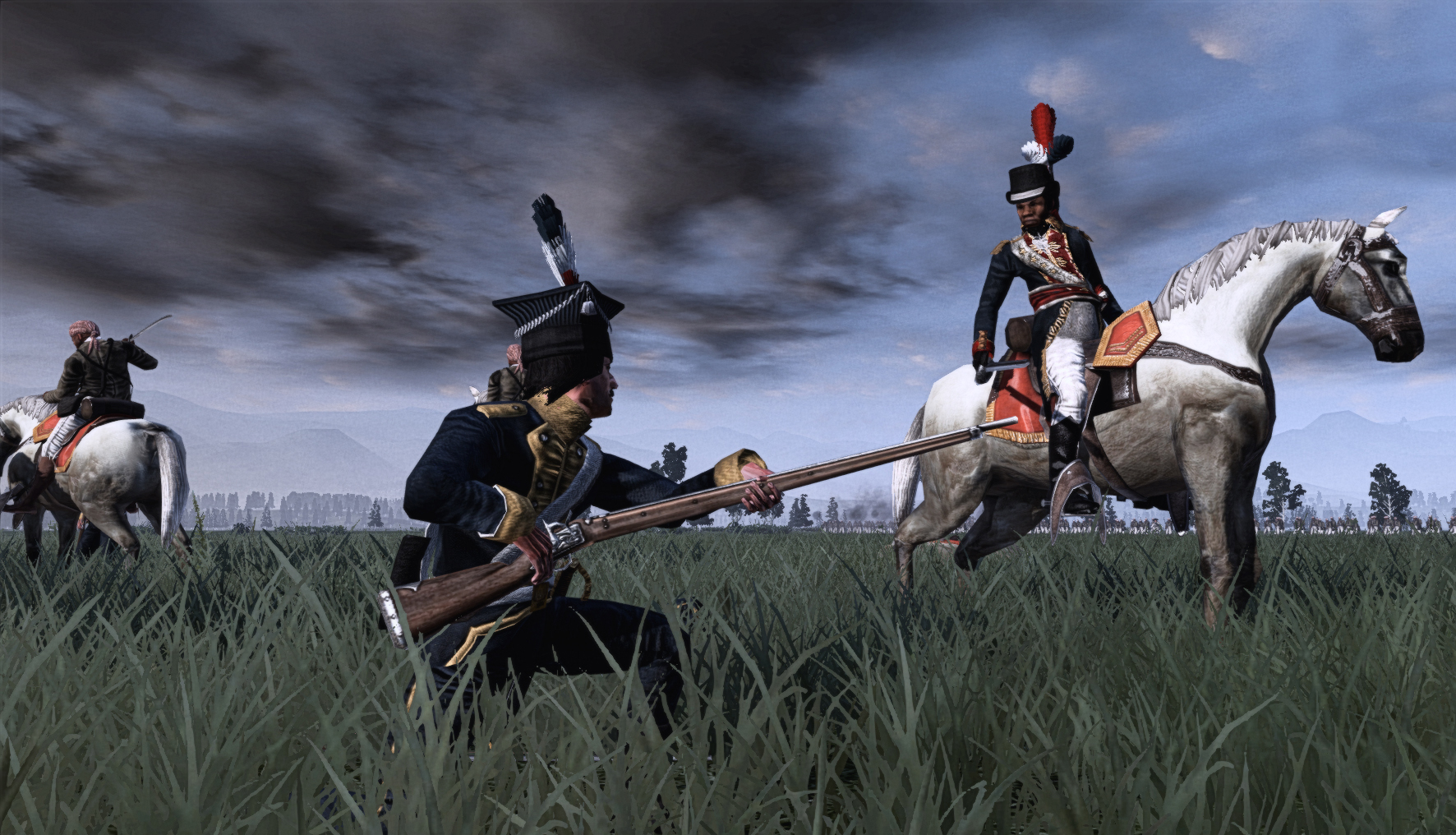As many of us celebrated the 4th of July and Bastille Day, the nation’s foremost psychologist, Dr. Wade W. Nobles (Ifagbemi Sangodare Nana Kwaku Berko I) of San Francisco State University has produced one of the most authoritative texts on the Haitian Revolution titled “The Island of Memes: Haiti’s Unfinished Revolution.” In “The Island of Memes,” Dr. Nobles provides a rich and powerful analysis of the Haitian Revolution that is groundbreaking.
All too often and to our own demise, we glorify and promote the narratives of the Haitian Revolution that are documented and interpreted by those who employ a colonial and Eurocentric worldview. Dr. Nobles, however, breaks away from this dominate colonial and Eurocentric tradition by offering an alternative narrative of the Haitian Revolution that is thought-provoking, intellectual unerring, and African centered. Therefore, “The Island of Memes,” should be read and elevated as a great work within the canon of Haitian revolutionary studies.
Dr. Nobles’ “The Island of Memes,” stands with C.L.R James’ “The Black Jacobins: Toussaint L’Ouverture and the San Domingo Revolution” and Jacob Carruthers’ “The Irritated Genie: An Essay on the Haitian Revolution,” as an exceptional historical text on the Haitian Revolution. As such, “The Island of Memes,” with its sound thesis, analysis, and synthesis, surpasses all other works on the Haitian Revolution since “The Irritated Genie” was published in 1985.
Dr. Nobles’ work on the Haitian Revolution is also significant given the fact that there is a paucity of knowledge production by people of African descent to generate considerable scholarship on the Haitian Revolution. Unfortunately, the production of knowledge regarding the Haitian Revolution has been dominated and appropriated by whites and other people who are indifferent to an African worldview and theoretical/analytical framework.
In understanding this form of intellectual warfare along with the pernicious disparities in the production of knowledge, Dr. Nobles incorporates an African centered philosophical worldview (BaNtu-Kongo) and psychological framework (Sakhu Sheti/Djaer) in examining methodically the socio-political contours of the Haitian Revolution and its meaning to Africans worldwide. In skillfully accomplishing such a task, Dr. Nobles goes beyond the descriptive and corrective aspects of the historiography and psycho-history of the Haitian Revolution by offering a bold prescription to an “unthinkable” revolution that is still unfinished.
The prescription offered by Dr. Nobles has its philosophical and psychological foundation in the Bwa Kayiman ceremony where Haitian revolutionary leaders Cecile Fatiman and Boukman Dutty called for the termination of worshiping and celebrating European memes (ideations and beliefs). Dr. Nobles concurs with Cecile Fatiman and Boukman Dutty’s assessment that worshiping and celebrating European memes dehumanized us by shattering our African consciousness and fracturing our African identity. For Dr. Nobles, the results of such a dehumanizing process as evident in chattel slavery and colonialism are injurious to our philosophical worldview and psychological disposition as detailed within the Congo psycho-philosophical concept of “Tornados of the Mind” (the enduring psychological and sociological impact of human alienation and distortion of the African consciousness and identity due to chattel slavery and colonialism).
Unlike other narratives of the Haitian Revolution, Dr. Nobles diverges from a Eurocentric historiography and colonial analysis by gazing philosophically and psychologically into the minds and hearts of key revolutionary figures such as Toussaint L’ Ouverture, Jean Jacques Dessalines, Henri Christophe, and Andre Sabes Petion using the Congo psycho-philosophical concept of “Tornados of the Mind.”
However, Dr. Nobles does not stop his psycho-philosophical analysis with Haiti or Haitians given the reality that the Haitian Revolution is global and unfinished. For Dr. Nobles, the Haitian Revolution must recommence wherever slavery, colonialism, oppression, exploitation, and dehumanization exist.
As the founder and executive director of the Institute for the Advanced Study of Black Family, Life and Culture, Dr. Nobles, in “The Island of Memes,” provides us with a clear understanding of the Haitian Revolution and our current economic, political, and cultural plight. Therefore, it is up to us not to further engage in European memes and celebrations as we engross ourselves in Haiti’s unfinished revolution.
Dr. Wade Nobles will be honored at “The Sixth National Conference on African/Black Psychology” in Tallahassee, Florida on November 6-7, 2015. For additional information, please visit http://www.cvent.com/events/the-6th-national-african-black-psychology-conference-2015/event-summary-cf65b3568ce645f087ef9f5cec83140b.aspx.
To order your copy of “The Island of Memes: Haiti’s Unfinished Revolution,” please visit Black Classic Press at http://www.blackclassicbooks.com/.
Professor Patrick Delices is a political analyst/commentator for the Black Star News and the author of “The Digital Economy,” Journal of International Affairs. For nearly a decade, Prof. Delices has taught Africana Studies at Hunter College. He also served as a research fellow for the late Pulitzer Prize recipient, Dr. Manning Marable at Columbia University. Prof. Delices can be contacted at [email protected].





